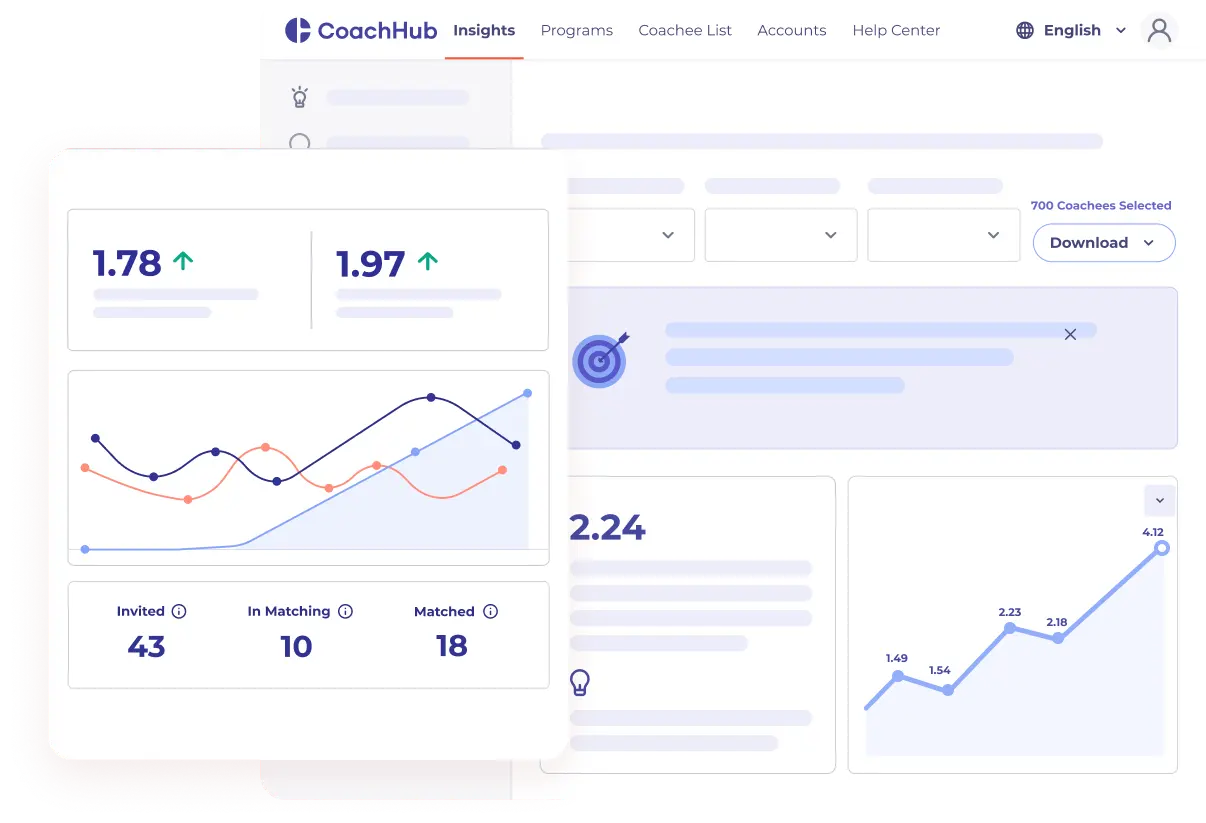🔎 Spotlight #9: Inside Valence
Giving every leader a growth coach, powered by AI not ego
The founder’s purpose: democratizing leadership with AI
Valence was founded in 2018 by Parker Mitchell and others with a simple but powerful vision: leadership development shouldn’t be locked behind expensive executive coaches and exclusive training programs. The team behind Valence asked, what if every leader could have a coach, one that’s always available, context-aware, and actually personalized to their company culture?
That idea became Nadia, Valence’s AI-powered leadership coach. Unlike cookie-cutter training videos or annual workshops, Nadia adapts to each company’s values and ways of working, offering timely nudges and actionable advice. I’ve always thought leadership coaching was something reserved for executives at big companies, so the fact that Valence is trying to open it up for everyone really caught my attention. It feels like a natural evolution of how work is changing.
What’s new in Valence’s playbook
The last couple of years have been huge for Valence. Nadia got her big moment on the global stage at the World Economic Forum in Davos, and even landed in TIME Magazine. Not every Canadian-founded startup gets that kind of exposure, and it shows how big the appetite is for better leadership tools.
The numbers back it up too. Over 98% of pilot users said they want to keep using Nadia, 91% reported trying her advice in their daily work, and the product has earned an NPS of 87. To put that in perspective, that’s higher than most beloved consumer apps. For an enterprise leadership tool, those stats are wild. It’s rare you see that kind of love for something HR-related, which tells me Valence is onto something.
Funding and team at a glance
Founded in 2018 in the 6ix, growing across Toronto, New York, and London
Backed by heavyweights like Insight Partners, raising over $25M USD to date
Trusted by enterprise clients including Fortune 500s and major CHROs
A lean but growing team that is laser-focused on making Nadia the gold standard for AI-driven coaching
As someone who tracks startups closely, I find it interesting that Valence hasn’t chased a mega-raise like some others in AI. Instead, they’re focusing on execution and proving that Nadia delivers real value before scaling. That kind of discipline can pay off in the long run.
How they’re building trust at scale
AI coaching is a tricky space. It’s one thing to tell someone how to get better at fitness or cooking, but giving leadership advice has much higher stakes. Valence seems to understand that, which is why Nadia is designed with privacy, security, and ethical guardrails built in.
What sets Nadia apart is that she doesn’t give generic feedback. She’s tuned to each company’s leadership frameworks and cultural values, so what you get actually feels relevant. I’ve seen a lot of “AI assistants” that end up spitting out vague advice, but from what I’ve read about Nadia, she feels contextual and specific. That’s the kind of detail that can make or break whether people actually trust and use a tool like this.
The results are showing. Valence was just named to the 2025 Inc. 5000 list of fastest-growing private companies in the US, which is a strong signal that AI coaching isn’t just a pilot experiment anymore. A year ago, the idea of everyone having an AI coach in their pocket felt unusual. Today, it’s becoming standard across enterprises, with Nadia leading the way as the most widely deployed AI coach in the Fortune 500.
The competition and how Valence compares
Leadership coaching and training is not a new category, but it’s traditionally been dominated by consultants and small-scale coaching firms. More recently, digital platforms like BetterUp, RockyAI, or CoachHub have tried to scale it. Where Valence stands out is that Nadia can act like a personal coach for every employee, not just senior leaders, and at a fraction of the cost of traditional coaching.
From my perspective, the democratization piece is what makes Valence exciting. If you’ve ever worked in a team where the manager clearly needed a bit of coaching, you know how much of a difference it can make. By making this accessible to everyone, Valence could have ripple effects on how entire companies operate.
My take
Personally, I like when Canadian startups are bold enough to tackle universal problems. Leadership development touches every industry, every role, and every stage of someone’s career. Valence is building a tool that isn’t niche it’s something that can scale across industries and borders.
Funny enough, I’ve actually interviewed at Valence in the past, and believe me they set a high bar for candidates that enter their system. Although this makes barriers to entry a bit high, I think it aligns with the team’s calibre and vision for high performance and really being at the bleeding edge when it comes to AI coaching.
Furthermore, I think the standout is how Nadia balances science and accessibility. Coaching usually feels like a luxury, but this makes it practical. And honestly, the fact that pilot users love it so much makes me think Valence is only scratching the surface. If you want to join a company at the intersection of AI, people, and enterprise software, Valence is one to keep on your radar.
🧭 Valence Roles — Now Hiring
Valence is hiring for a variety of roles, and as always, tune into our next LaunchPad post on Tuesday to see more featured jobs from Valence and other great tech companies in Toronto as soon as they are live 🚀
That’s a wrap on Spotlight #9
If you made it this far, thank you for reading! I hope these spotlights help you discover companies worth your time, and make the job hunt feel just a little bit less overwhelming. Keep an eye out for next Tuesday’s LaunchPad job drop, and if you know someone looking to break into tech or level up, feel free to share this with them too.
Here’s to building something cool, or better yet, joining something cool. 🚀





